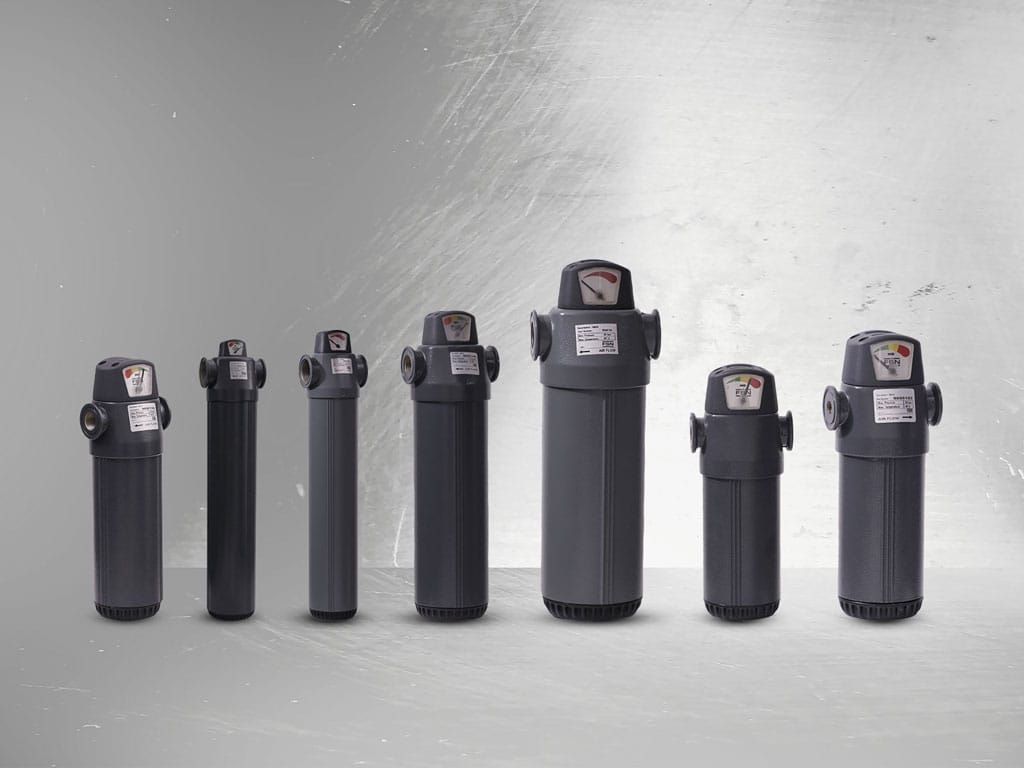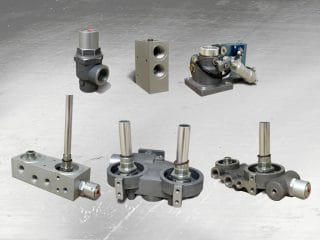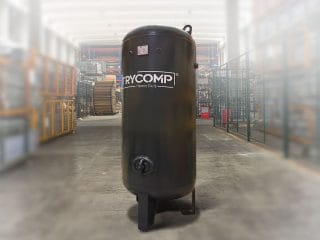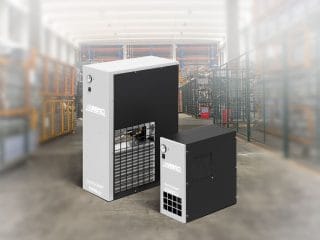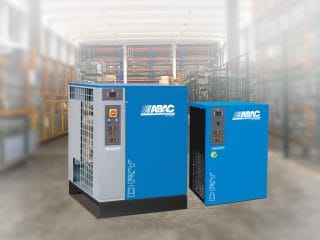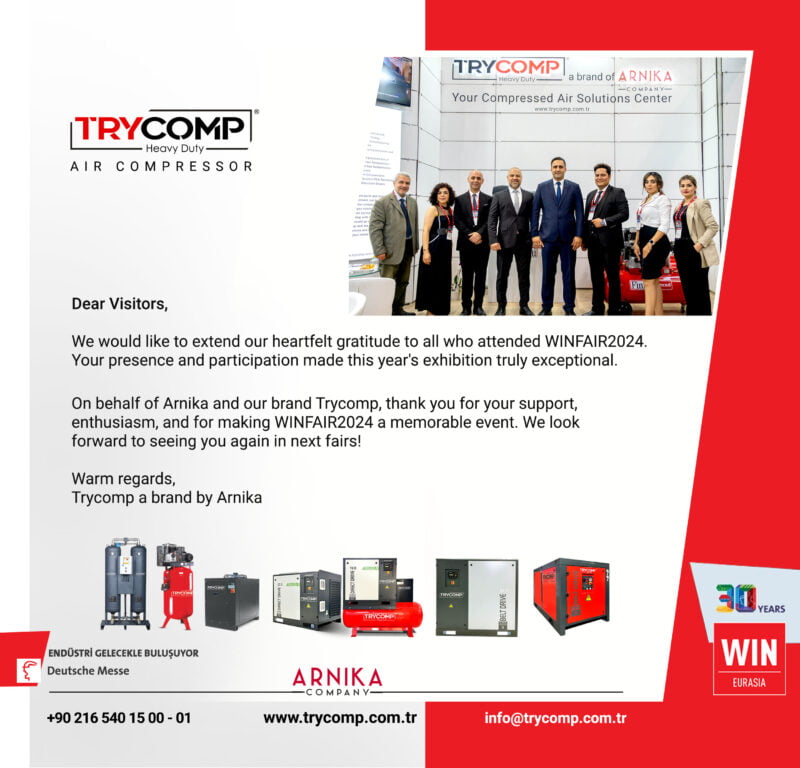Introduction
Microfilters are vital components in compressed air systems that play a significant role in removing suspended particles, oil, and moisture from compressed air. With their high precision in air filtration, these filters protect sensitive pneumatic equipment and industrial processes, improving the quality of the output air. The use of microfilters significantly extends the lifespan of equipment and prevents failures caused by air pollution.
How It Works
- Compressed Air Entry:
- Compressed air, which may contain suspended particles, oil, and moisture, enters the microfilter.
- Primary Filtration:
- In the initial stage, the compressed air passes through a primary filter layer that captures larger particles and oils present in the air.
- Fine Filtration:
- After the primary filtration, the air passes through very fine filter layers specifically designed to remove very small suspended particles (down to 0.01 microns) and remaining moisture.
- Collection of Particles and Liquids:
- The collected particles and liquids are transferred to a drainage tank, which automatically expels them from the filter through a self-drainage system.
- Filtered Air Exit:
- Finally, the completely purified and dry air exits the filter, ready for use in industrial processes or sensitive equipment.
Key Features
- High Filtration Precision:
- Microfilters can eliminate particles down to 0.01 microns, as well as oil vapors and moisture, leading to high-quality output air.
- Low Pressure Drop:
- These filters are designed to create minimal pressure drop in the system, which enhances the overall efficiency of the compressed air system.
- Long Lifespan:
- The high-quality materials and robust design of these filters ensure a long service life, reducing the need for frequent replacements.
- Automatic Drainage System:
- Most microfilters come equipped with an automatic drainage system that automatically expels collected liquids and particles, minimizing manual intervention.
- Compatibility with Various Systems:
- Microfilters are available in various sizes and capacities, making them compatible with most compressed air systems.
Benefits
- Improved Equipment Performance: By removing airborne particles and contaminants, microfilters enhance the performance of pneumatic equipment and reduce failures.
- Increased Equipment Lifespan: Using clean and filtered air extends the lifespan of equipment and lowers maintenance costs.
- Protection for Sensitive Processes: In industries that require extremely clean, contaminant-free air, microfilters play a key role in protecting processes.
- Energy Savings: Due to their low pressure drop, microfilters help reduce energy consumption in compressed air systems.
Applications
- Automotive Industries: For filtering compressed air in production and assembly lines.
- Electronics Industries: In manufacturing processes requiring clean, contaminant-free air.
- Food and Pharmaceutical Industries: To ensure high-quality compressed air used in sensitive productions.
- Manufacturing Workshops and Factories: Anywhere compressed air systems are used where air quality is crucial.
Conclusion
Microfilters, with their high precision in air filtration, extend equipment lifespan, and reduce maintenance costs, are essential components in any industrial compressed air system. By selecting the appropriate microfilters for your system, you can significantly enhance air quality and overall system efficiency.
